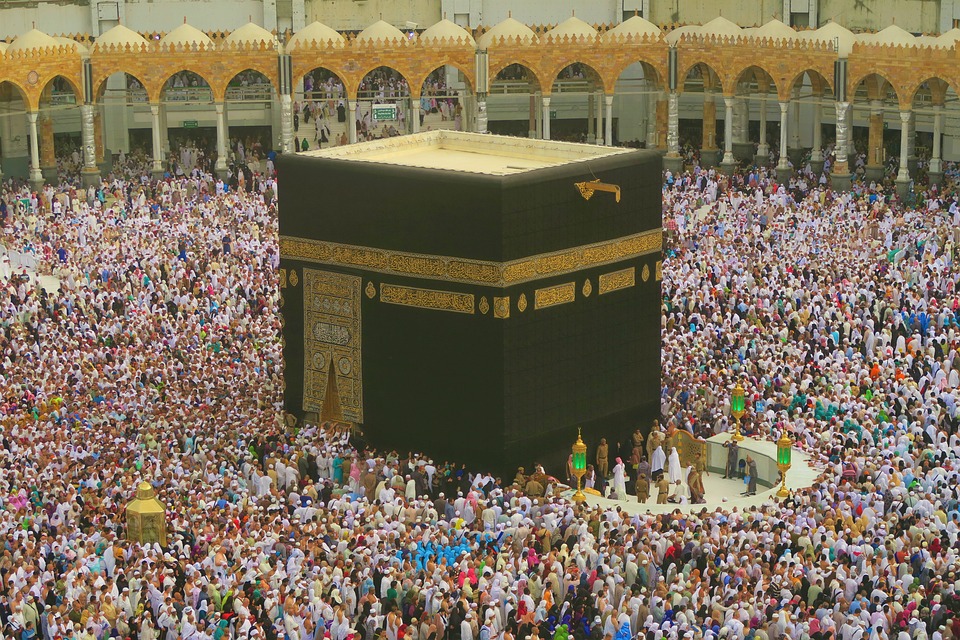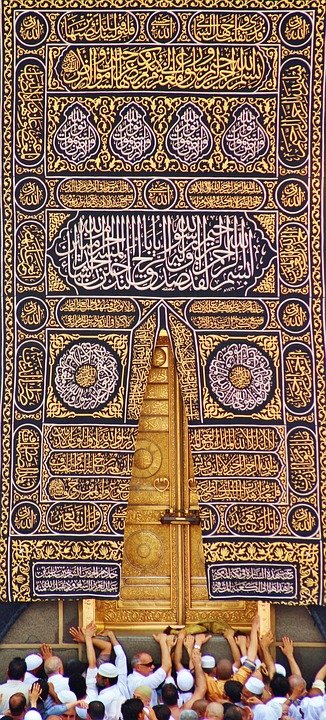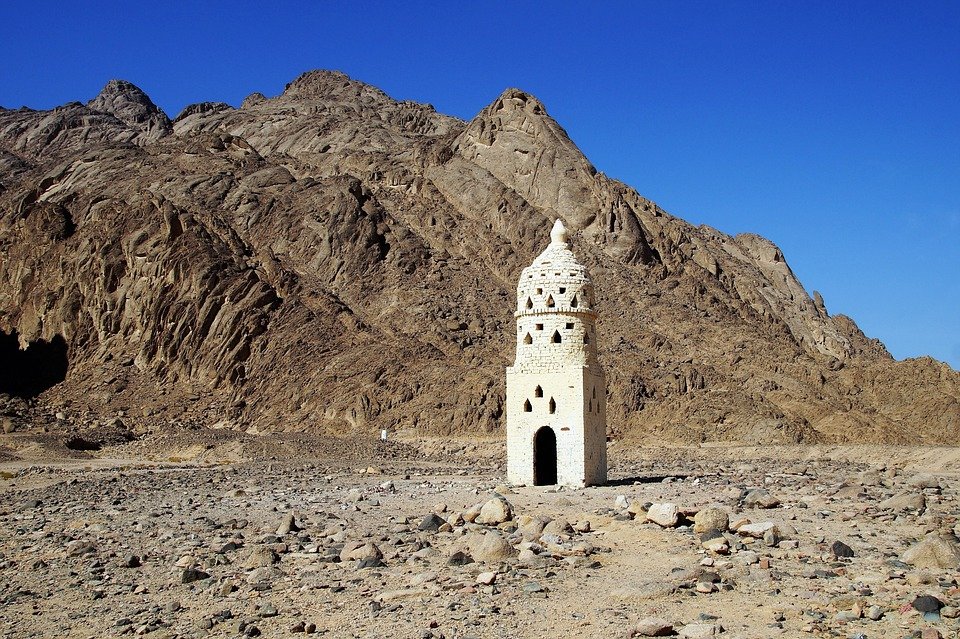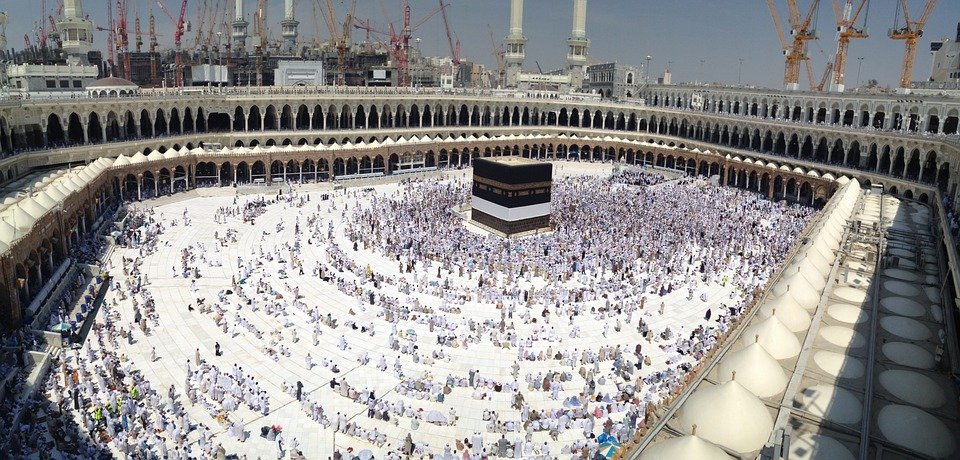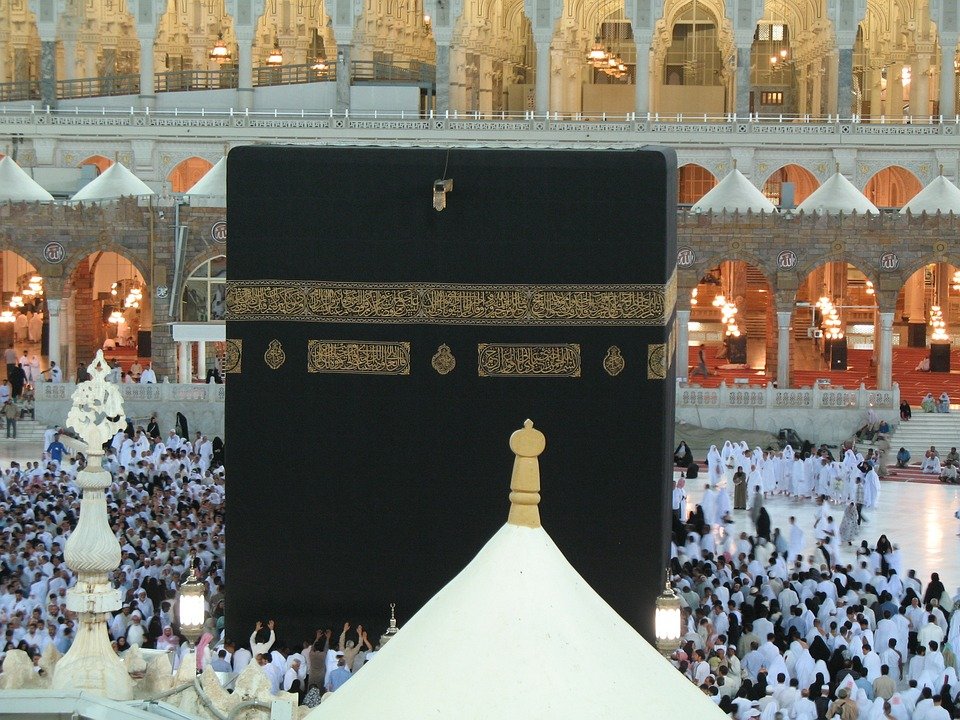When exploring the topic of “what is Hajj: 5 pillars of Islam,” I believe it’s essential to grasp the significance of this sacred pilgrimage. Hajj, one of the five pillars of Islam, serves as a profound act of worship that every Muslim is obligated to perform at least once in their lifetime, provided they are physically and financially able. In this article, you will find a comprehensive guide that breaks down the essentials of Hajj and its connection to the other four pillars of Islam. I assure you that by the end, you will have a clearer understanding of this vital aspect of Islamic practice.
The importance of “what is Hajj: 5 pillars of Islam” cannot be overstated. Hajj not only represents faith and devotion but also fosters a sense of unity among Muslims worldwide. I feel that participating in this pilgrimage allows individuals to reflect on their beliefs and deepen their spirituality. At Airlink Hajj and Umrah, we have accumulated nine years of expertise in the travel field related to Umrah, Makkah, and Madinah since 2016. This article aims to equip you with valuable insights that enhance your understanding of Hajj and its significance within the broader framework of the five pillars of Islam.
What is Hajj: Explore the 5 Pillars of Islam Explained
Understanding Hajj
Hajj is a sacred pilgrimage that every Muslim aims to complete at least once in their lifetime. It occurs in the holy city of Makkah, a place imbued with rich history and spiritual significance. During Hajj, millions of Muslims gather to perform rituals that are both ancient and meaningful. This gathering symbolizes unity among Muslims worldwide, regardless of their backgrounds.
Many rituals happen during Hajj. Pilgrims walk around the Kaaba, the most sacred structure in Islam, seven times in a counter-clockwise direction. They also travel between the hills of Safa and Marwah, reenacting the search for water by Hagar, the wife of Prophet Ibrahim. These actions remind us of faith, sacrifice, and devotion. Together, they reflect the essence of what Hajj truly means.
The Importance of the 5 Pillars of Islam
Islam stands on five fundamental pillars that shape a Muslim’s faith and actions. These pillars are not just a set of rules; they are guiding principles that foster a deeper connection with God. By understanding these pillars, we can better appreciate the purpose and significance of Hajj.
The five pillars are Shahada (faith), Salah (prayer), Zakat (charity), Sawm (fasting), and Hajj. Each one plays a crucial role in the life of a Muslim. For example, the act of giving to those in need, known as Zakat, builds compassion and community. Each pillar complements the others and serves to strengthen a Muslim’s relationship with their faith.
The First Pillar: Shahada (Faith)
Shahada is the declaration of faith. A Muslim believes in the oneness of God and that Muhammad is His messenger. This simple yet profound statement is the foundation of Islam. By reciting it, we affirm our commitment to follow the teachings of Islam throughout our lives.
Believing in Shahada goes beyond mere words. It requires action and sincerity. When we embrace this pillar, it becomes a source of strength during trials. It encourages us to uphold justice, kindness, and forgiveness in our daily interactions. The concept of Shahada enriches our understanding of Hajj, as it reminds us why we gather in Makkah—to honor our faith and worship God.
The Second Pillar: Salah (Prayer)
Salah, or the practice of prayer, is another significant pillar. Muslims pray five times a day, punctuating their day with moments of reflection and connection to God. Each prayer serves as a reminder to stay focused on what truly matters, keeping our hearts aligned with divine teachings.
During Hajj, the emphasis on Salah becomes even more pronounced. Pilgrims engage in special prayers at specific locations, particularly the Masjid al-Haram, where the Kaaba resides. These prayers unite millions, reminding us that we are all part of a larger family of believers. Participating in Salah during Hajj deepens our spiritual experience, creating lasting memories.
The Third Pillar: Zakat (Charity)
Zakat is the act of giving a portion of one’s wealth to those in need. This pillar fosters compassion and builds a sense of responsibility within the community. By sharing our resources, we work towards alleviating hardship and promoting equality. Zakat encourages us to look beyond ourselves and engage with the world around us.
The spirit of Zakat is palpable during Hajj. Pilgrims come together, eager to help one another. Many will donate toward charitable causes, ensuring that those less fortunate can also partake in the blessings of this holy pilgrimage. This generosity reinforces the teachings of Islam and highlights the importance of community and support.
The Fourth Pillar: Sawm (Fasting)
Sawm, the practice of fasting, occurs during the holy month of Ramadan. Muslims abstain from food and drink from dawn until sunset. This practice encourages self-discipline, reflection, and gratitude. By fasting, we develop empathy for the less fortunate and appreciate the blessings we often take for granted.
While fasting is not a direct component of Hajj, the spirit of self-discipline carries over. Many pilgrims enter the pilgrimage space with a mindset of sacrifice and purification. By focusing on their spiritual journey, they embrace the essence of Sawm, even if they are not fasting. The experiences during Hajj teach valuable lessons about patience and perseverance.
The Fifth Pillar: Hajj (Pilgrimage)
Finally, we arrive at Hajj itself. It’s not just a series of rituals; it’s a transformative experience for many. Pilgrims visit sacred sites and engage in specific rites that encapsulate centuries of religious tradition. The collective energy of millions gathered in worship can be deeply moving.
Experiencing Hajj allows us to gain insights into our faith like never before. It teaches humility, unity, and the importance of seeking forgiveness. As we perform the rites, we connect with the stories of the prophets and the trials they faced. This powerful pilgrimage serves as a reminder of our shared purpose and commitment to our faith.
Conclusion: A Journey of Faith
In conclusion, Hajj is a vital aspect of Islam that intertwines with the five pillars. Each pillar enriches our faith and prepares us for this holy pilgrimage. Understanding Hajj and its significance helps us appreciate the larger worldview of Islam.
Whether through faith, prayer, charity, or self-discipline, we find meaning and purpose in our actions. Hajj becomes more than a pilgrimage; it becomes a deeply personal journey of reflection and growth. As we think about Hajj, let us remember its significance and embrace the pillars that uphold our faith.
Mushu, an experienced Saudi Arabia traveler and writer, shares insightful tips and spiritual reflections to enhance Hajj and Umrah journeys for fellow pilgrims. He has been to Makkah and Madina from 2016 to 2023 many times and his posts will reflect this.


